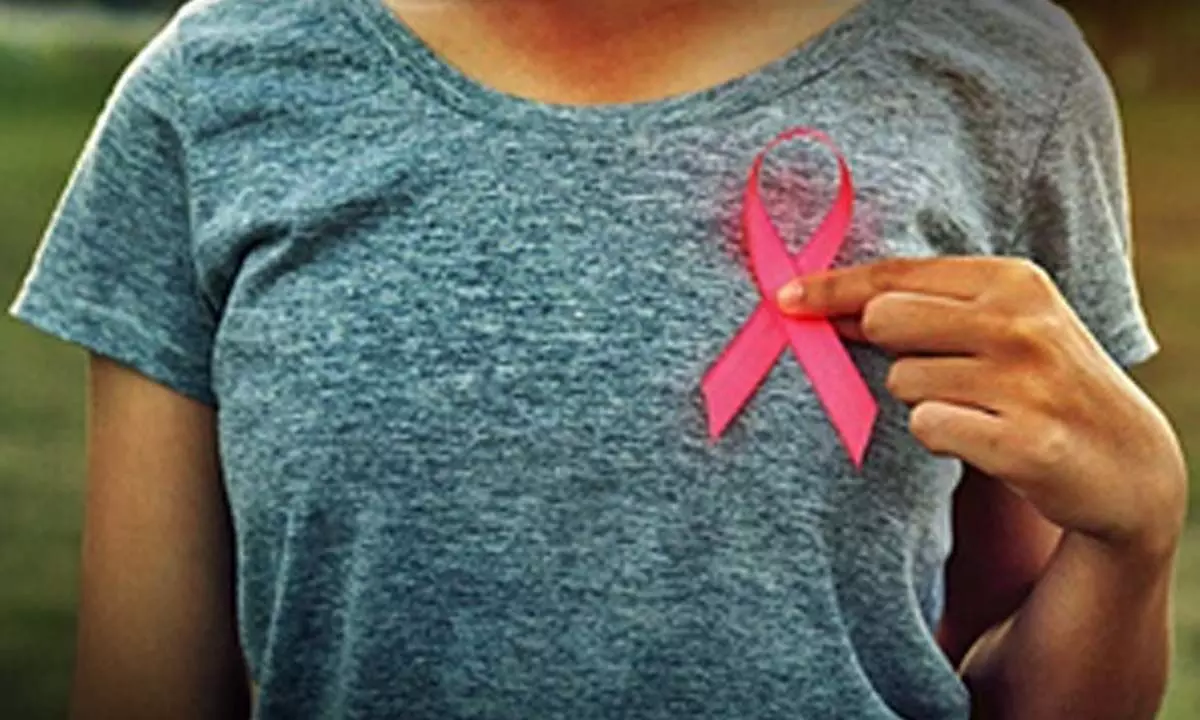Live
- CPI launches centenary celebrations in Ongole
- Skater Jessy Raj Matrapu receives national award
- Cantt MLA takes up rps’ issues with CM
- Include tourism under PSL, AP Chambers appeals to RBI
- CPI Centenary Celebrations: Flag hoisting held at 32 locations in EG dist
- Congress on plans 'Save Constitution' drive
- Deep sea mission in early 2026
- Police arrest 3 persons over body parcel to family
- Medical camp held in Maoist area
- CM Cup 2024: Telangana Gears Up for State-Level Sports Fest
Just In

It's not only women, but men can also be at risk of BRCA1 and BRCA2 genetic mutations, typically associated with breast and ovarian cancers, according to research calling for increasing screening guidelines for males.
New Delhi: It's not only women, but men can also be at risk of BRCA1 and BRCA2 genetic mutations, typically associated with breast and ovarian cancers, according to research calling for increasing screening guidelines for males.
A growing body of research emphasises that BRCA1 and BRCA2 genetic mutations, typically associated with breast and ovarian cancers in women, also pose significant cancer risks to men.
According to a review article published in JAMA Oncology by experts from the Fred Hutch Cancer Center and the University of Washington, new national screening guidelines aim to identify these risks in men through genetic testing and specialised cancer screening.
Heather Cheng, the director of the Fred Hutch's Prostate Cancer Genetics Clinic said men are not getting enough genetic testing to see if they carry a BRCA1 or BRCA2 gene variant.
While those who know they are carriers "get tested for their daughters, but don't always know why it's important for their own health", he added.
The review outlines updated screening and treatment guidelines for men with inherited damaging variants in the BRCA1 and BRCA2 genes.
It highlights the increased risks of prostate, pancreatic, and breast cancers for male carriers, who represent 50 per cent of all BRCA1/2 mutation carriers.
However, the current testing rate for men is only one-tenth of that for women.
The team also urged men to discuss their family's cancer history with healthcare providers.
Cheng noted that increasing screening among men will boost “research, early detection, and ultimately reduce the burden of BRCA-related cancers.

© 2024 Hyderabad Media House Limited/The Hans India. All rights reserved. Powered by hocalwire.com






